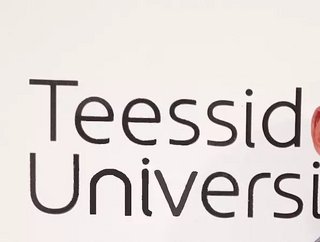5 Mins With ... Professor Michael Short

Professor Michael Short is Professor of Control Engineering and System Informatics at Teesside University, and leads the Centre for Sustainable Engineering
Tell us about your role and research areas?
I am a Professor of Control Engineering and System Informatics at Teesside University, which I joined in 2010, and lead the Centre for Sustainable Engineering. Our priority research areas span smart energy and smart grid, construction innovation and research, and hydrogen engineering and decarbonisation technologies.
What are some of the most exciting developments and findings you’ve made so far?
We created novel AI and control techniques for monitoring the state-of-health of Li-Ion battery packs and participating in new forms of demand response. Our results indicate we can significantly extend the lifetime of batteries, the range of electric vehicles and help to stabilise the grid with a combination of these techniques. We also collaborated with EU energy companies to create new methods to optimise CHP plant and district heating systems and worked with a company in Sedgefield to develop control and informatics techniques to more efficiently integrate offshore wind onto the UK grid.
On offshore wind, how many renewable energy plants will we need and how quickly?
The UK target is a capacity of 40GW installed and operational by 2030, which will require significant investment to ensure we have capacity to manufacture and put in place the required infrastructure. Recent investments in this area, especially focusing upon Teesside, North Tyneside and Humber, are very promising but there is still much work to be done.
Will the ‘holistic’ approach to offshore, hydrogen and transport be achieved?
This seems to be the right approach, as there are actually several different pathways for the UK to reach net zero, the ratio between green hydrogen powered vehicles compared to electric vehicles, as one example. However, different regions have differing requirements, and careful planning and re-planning will need to take place as the transformation increases pace.
What will be the role of the Net Zero Industrial Innovation Centre on Teesside?
This is one of a number of key developments in the Tees Valley related to technology transfer and industrial engagement (click here to read about the UK Hydrogen Transport Hub project). Its goal is to provide a focus point to accelerate research work on digital engineering and sustainability, engage with companies and ease the process of scaling up from research labs to generate real-world impact.
Are you optimistic that UK net zero targets can be reached?
Achieving net zero is not a straightforward process, and there are lots of known challenges ahead – and surely a lot of unforeseen complications! However, with continued investments in infrastructure, research and innovation, and training/upskilling to create the next generation of engineers and scientists, I am confident we can.






